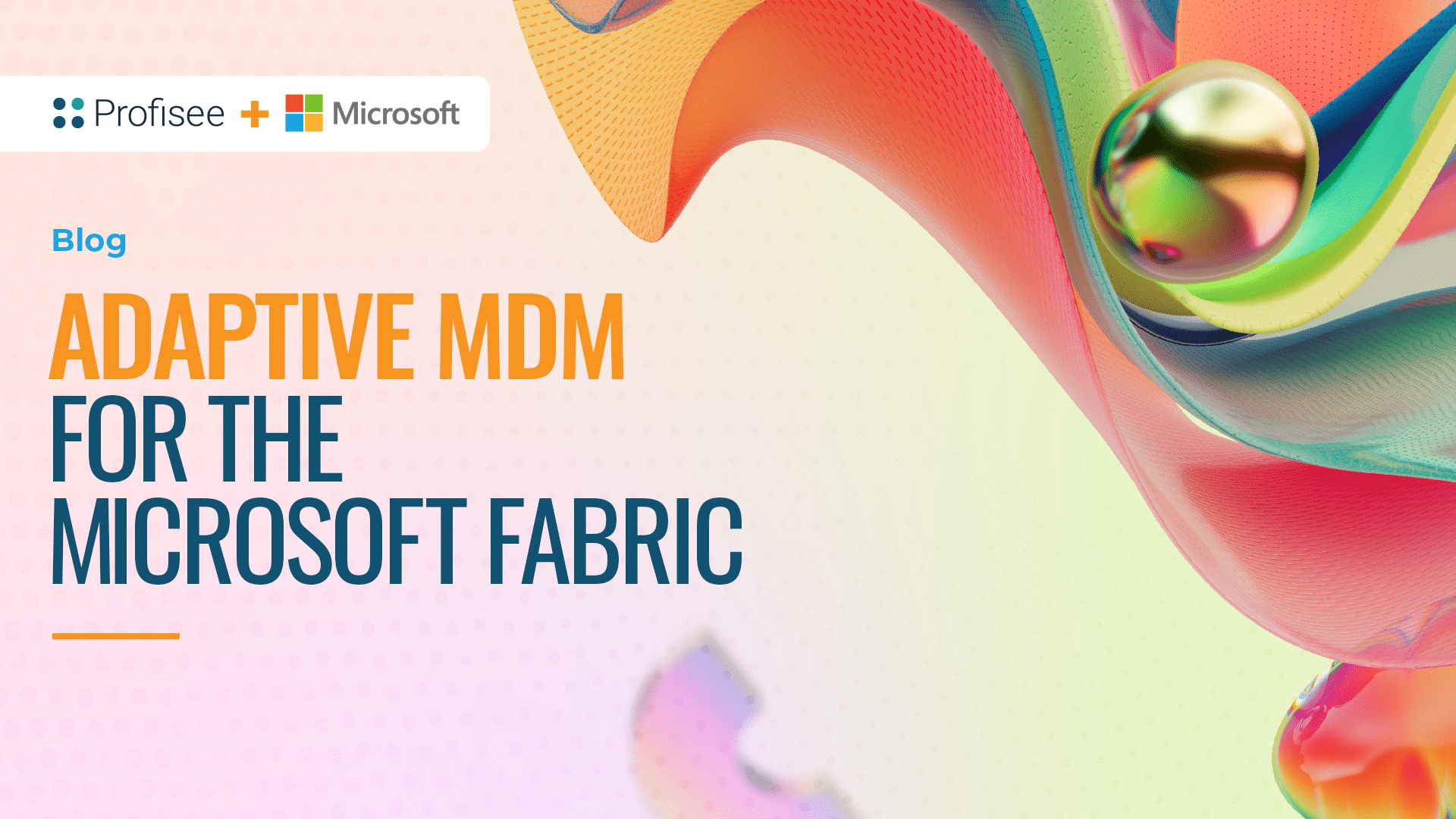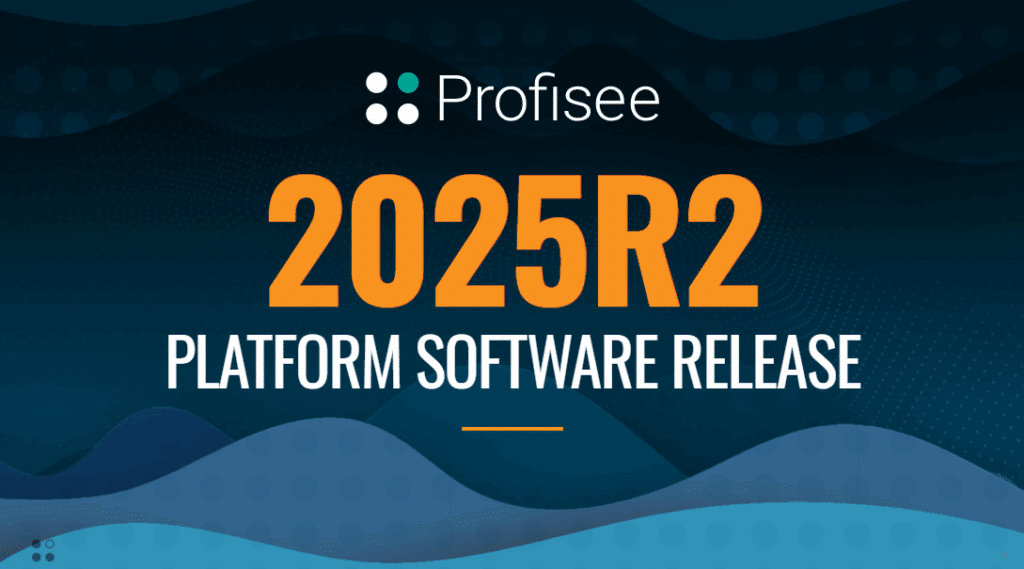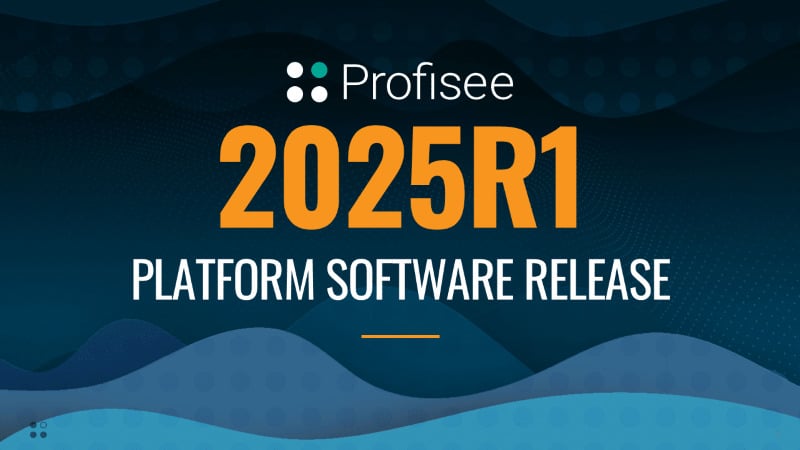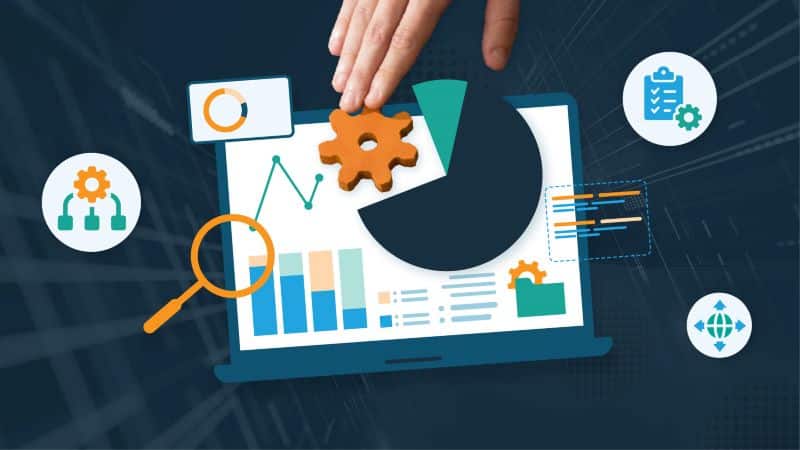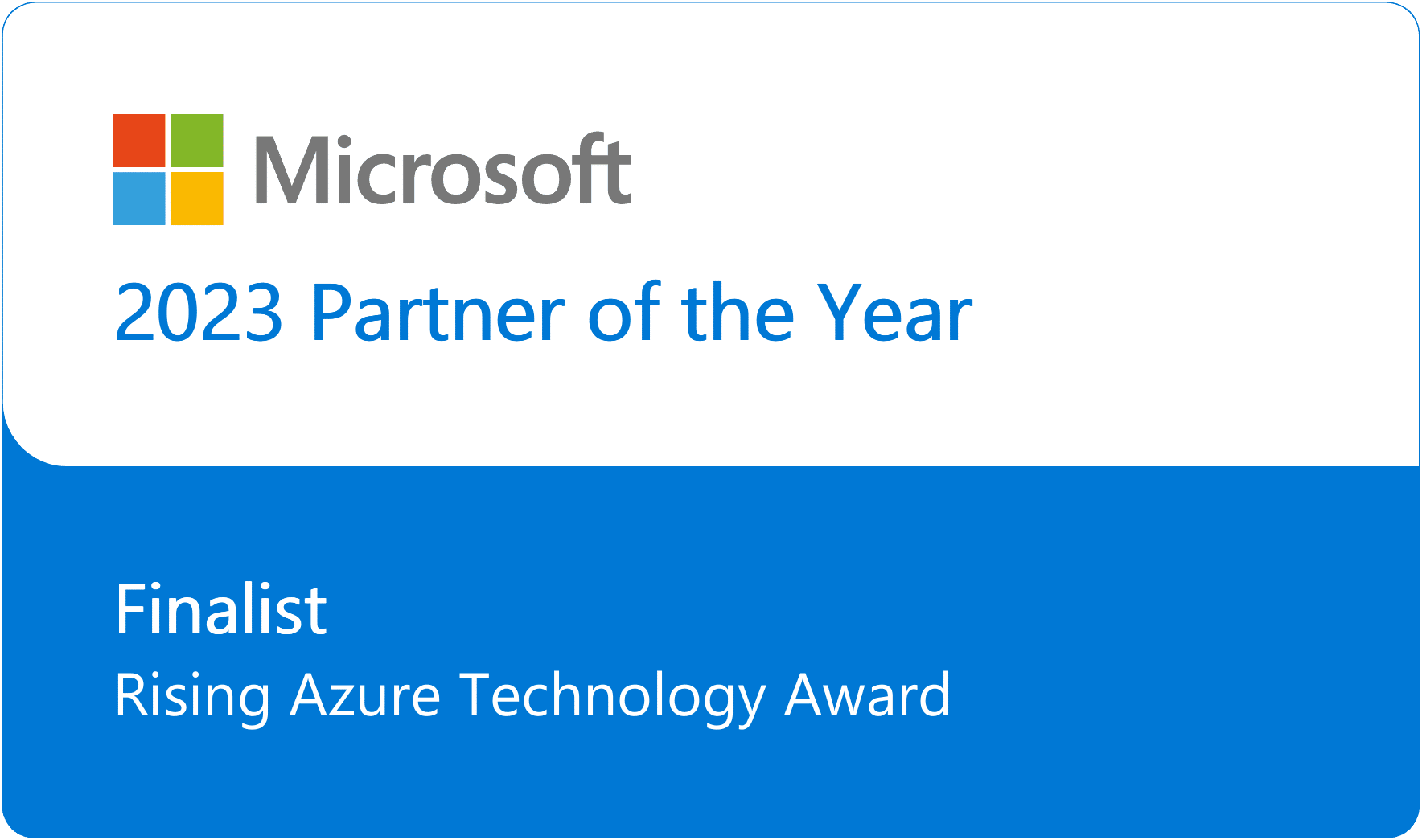In the weeks since Microsoft Fabric was unveiled at the 2023 Microsoft Build conference, Profisee has been talking to customers and partners at Microsoft about how they can best leverage this game-changing, unified analytics platform for digital transformation.
To help more organizations benefit from the potential of Microsoft’s latest investment, we hosted a joint webinar with experts from Profisee and Microsoft’s Principal Program Manager Holly Kelly to answer a few key questions:
- What is Microsoft Fabric, and how does it change the enterprise data landscape?
- What is Adaptive MDM, and how does it improve on traditional MDM? (And where does AI fit in?)
- How are Microsoft Fabric and Adaptive MDM ‘Better Together’?
View the on-demand recording here for the full conversation and a live demo of Profisee & Microsoft Fabric — or read on for key takeaways and insights from the event.
Microsoft Fabric: Data Ready for the Age of AI
Microsoft Fabric promises to empower data and business professionals alike to unlock the power of their data and lay the foundation for the era of AI. But what has caused the underlying need for a single, SaaS data platform like Fabric? And is it sufficient by itself, or are other technologies like MDM still required?
Solving the Data Volume Challenge
Today’s organizations face myriad data & analytics challenges. Data volumes are increasing exponentially at most enterprises, and the data is only becoming more complex — siloed across multiple systems in inconsistent formats with duplicates and incomplete information between systems.
And, unfortunately, many of the legacy data and analytics tools on the market have failed to address the challenges of:
- Balancing the need for data access and self-service analytics while remaining governed
- Limited scalability of legacy solutions as data demand rises exponentially
- Breaking down data siloes across the organization into a unified source of truth
- Delivering on the promise of analytics with limited resources

And many companies have more than one data lake or large system to house their most critical enterprise data. Over time, this creates multiple data silos that cause data fragmentation and duplication, further preventing companies from generating the insight they need from their data.
A Modern SaaS Platform for Data & Analytics
What Microsoft continually heard from Chief Data Officers (CDOs) as they were developing Fabric was that they needed to reduce the burden of continually integrating multiple databases, systems, applications and other tools.
Holly shared that the resounding sentiment they have heard from CDOs was: “Simplify: I am the Chief Data Officer and don’t want to be the Chief Integration Officer.”
As organizations move away from the single, monolithic IT architectures into more federated approaches, data leaders expect a common, SaaS-based data foundation where all the underlying infrastructure is consistently managed in one place with minimal persistence or duplication — further opening the door for deep levels of data governance and the use of AI.
And Microsoft Fabric addresses this by providing an integrated, SaaS platform that can integrate any data source and make data analysis and stewardship easy for business users — all without the dreaded “integration tax.”
Organizations can think of Microsoft Fabric as the “OneDrive’ for enterprise data. Just as every Microsoft 365 tool like Word, Excel and PowerPoint are natively integrated into the file-sharing and co-authoring features in OneDrive, enterprise tools like Power BI, Data Factory and Synapse are automatically accessible within Fabric without having to copy or duplicate the underlying source data in OneLake.

Adaptive Master Data Management
Master data management (MDM) has long been an effective technology and discipline in helping organizations maximize the value of their enterprise data.
By centralizing and standardizing key data, MDM helps to eliminate data inconsistencies, redundancies and inaccuracies that can occur when data is stored in multiple systems.
But just as modern CDOs are tired of paying the “integration tax,” they do not want to deal with the long implementation times, duplicative functionality/features and unintuitive data stewardship requirements of traditional MDM.
Enter adaptive master data management (MDM). Unlike traditional MDM, an adaptive approach to MDM conforms to an organization’s existing data estate, e.g., their data sources, governance rules, and business requirements — so they can implement quickly and scale infinitely across their business.
An adaptive approach to MDM includes:
- Adaptive Stewardship: Ensuring the data stewardship experience is constrained and tailored exactly to specific workflows of business users and domain experts, including automated workflows for changes and manager approvals.
- Adaptive Rules: Ensuring that the core matching and survivorship rules of an MDM platform automatically and easily conform to the source systems and governance requirements, ideally through a native integration with a leading governance tool like Microsoft Purview.
- Adaptive Coverage: Just like Microsoft Fabric centralizes enterprise data to quickly put it in the hands of business users, adaptive MDM can cover any data domain (e.g., customer, product, location) and use case in a single experience.
Taken together, an adaptive approach to MDM delivers better engagement, faster implementation and better coverage and ROI.
Streamline MDM with an AI Copilot
Adaptive MDM also lets data stewards quickly and seamlessly complete the tasks at hand while eliminating duplicate or redundant work — and AI can play a key role.
For example, Profisee’s adaptive MDM platform is natively integrated with the Azure OpenAI Service to apply large-language models (LLM) and generative AI to enterprise MDM and streamline the stewardship experience.
And this is all done without data stewards having to engineer detailed prompts or programmatically write questions. Stewards can simply use natural language to filter a dataset for orange bicycles with a list price of over $800, for example, and Profisee can leverage OpenAI to create multi-string filters in seconds.
Profisee can also accept large amounts of unstructured data from website URLs or text fields to parse information into master data attributes, reducing the amount of time spent on manual data stewardship by up to 85%.
See Profisee and OpenAI in action in the full recording.
Why Microsoft Fabric and Adaptive MDM ‘Better Together’
Because Microsoft Fabric consolidates complex data architectures into a single, cloud-based SaaS platform with integrated analytics tools, and centralized data in OneLake, organizations can put data into the hands of business users without paying the “integration tax.”
But even if enterprise data is seamlessly consolidated into OneLake, the core issue of poor data quality remains: Because data created and managed across multiple source systems with different requirements is often incomplete, inconsistent and incomplete — and not suitable for analysis in Power BI or any Fabric analytics tool.
Thanks to Fabric’s native integrations with Azure Data Factory, Profisee MDM can easily ingest data from any data source connected to OneLake to match, merge, correct and maintain enterprise data according to federated data governance policies and persist trusted, golden records directly in OneLake.
And because Profisee is available as a native data source via the Power Query connector, Microsoft Fabric customers can quickly and seamlessly query and report on trusted Profisee data directly from the Fabric UI.
Profisee was the first and only MDM natively integrated with Microsoft Fabric on Day 1 when it was announced at Microsoft Build. Learn more about the integration and see a full demo of all-new OpenAI integrations in the full recording of Profisee’s joint presentation with Microsoft.

Eric has spent the entirety of his 15+ year career working in the enterprise information management space. As Chief Technology Officer, Eric is responsible for all aspects of product management, development and support for Profisee’s software portfolio.

Eric Melcher
Eric has spent the entirety of his 15+ year career working in the enterprise information management space. As Chief Technology Officer, Eric is responsible for all aspects of product management, development and support for Profisee’s software portfolio.






